Whether you’re a professional or family carer or a person with dementia, or you know someone affected by the disease, this section of the site will give you information and facts on dementia, including what dementia is, how to cope with the illness and how to obtain or provide suitable care for those affected. It will also explain how to plan ahead to ensure that your relatives or loved ones receive the help and support they need both now and in the future, and what to do next if you have just been diagnosed.
Welcome to the Support & Information section of The Alzheimer’s Dementia & Care Show website.

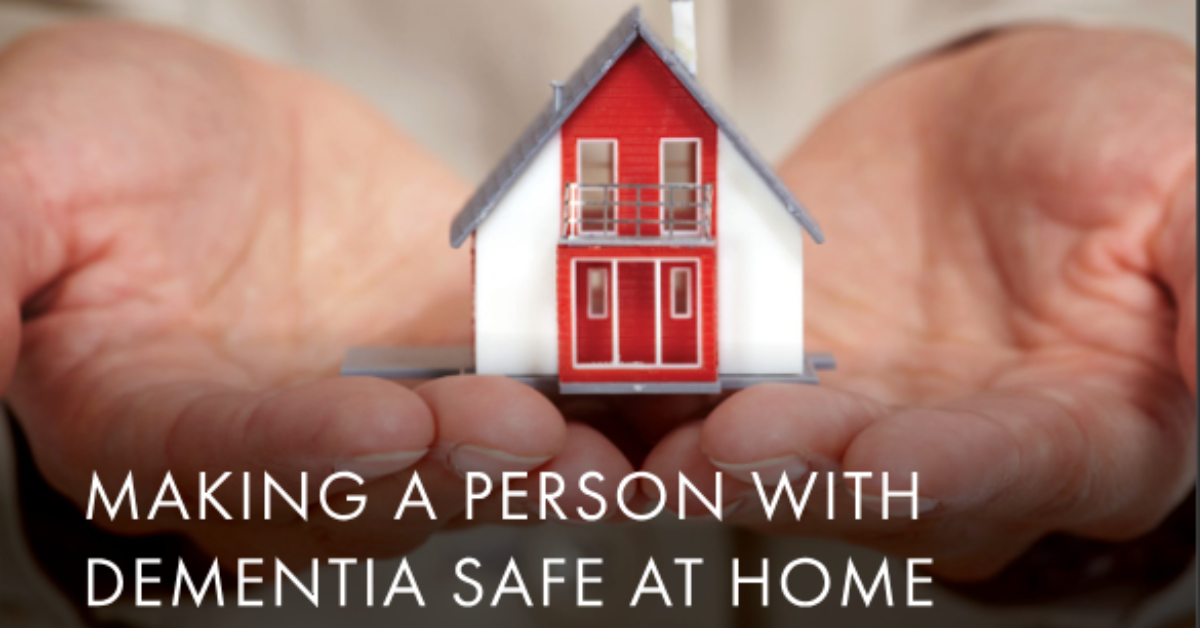

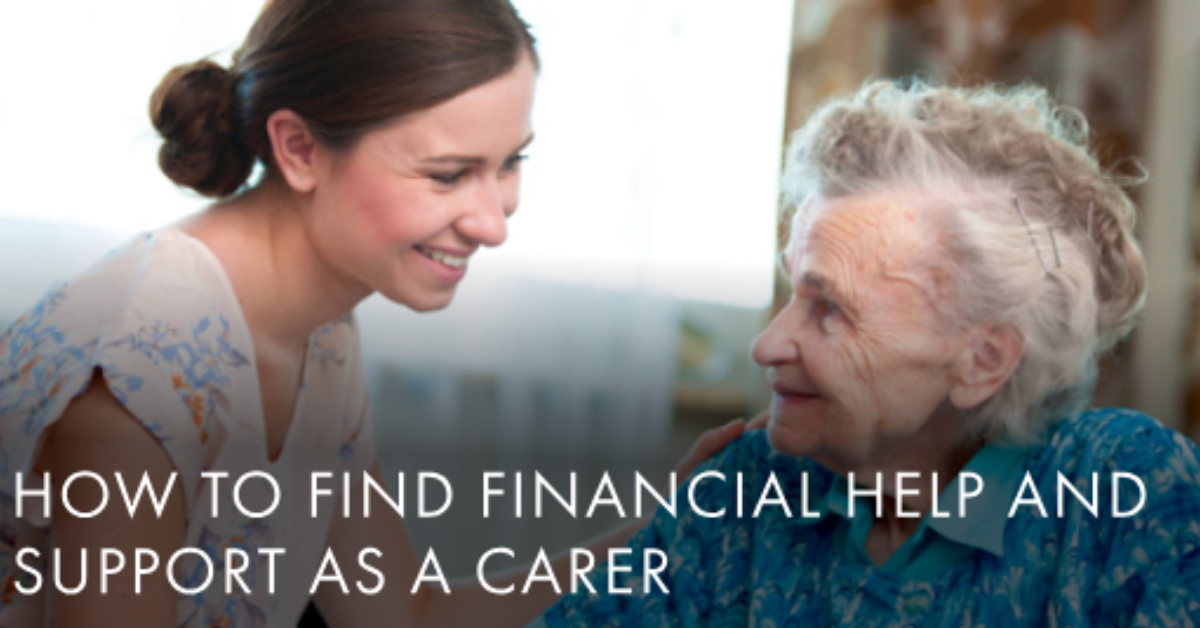

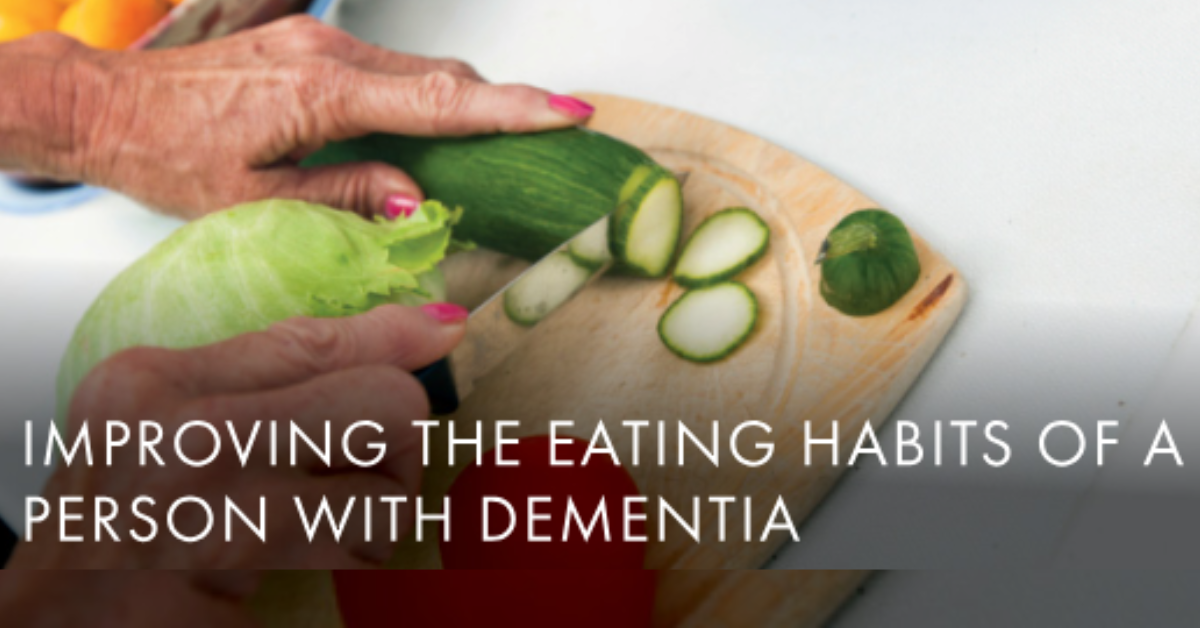

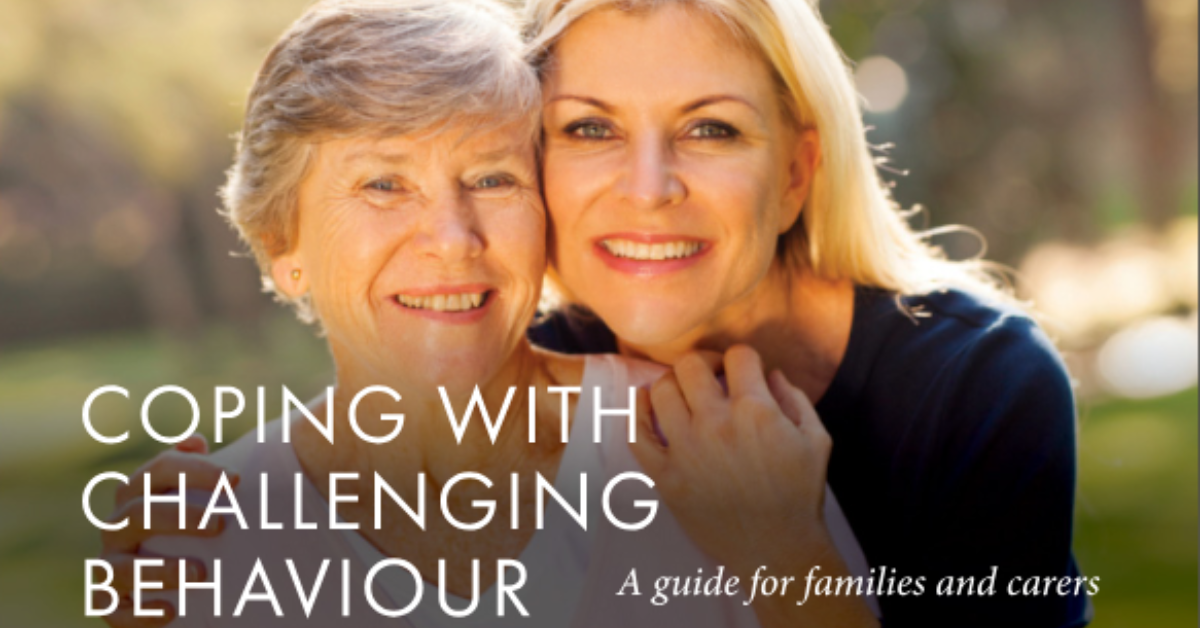
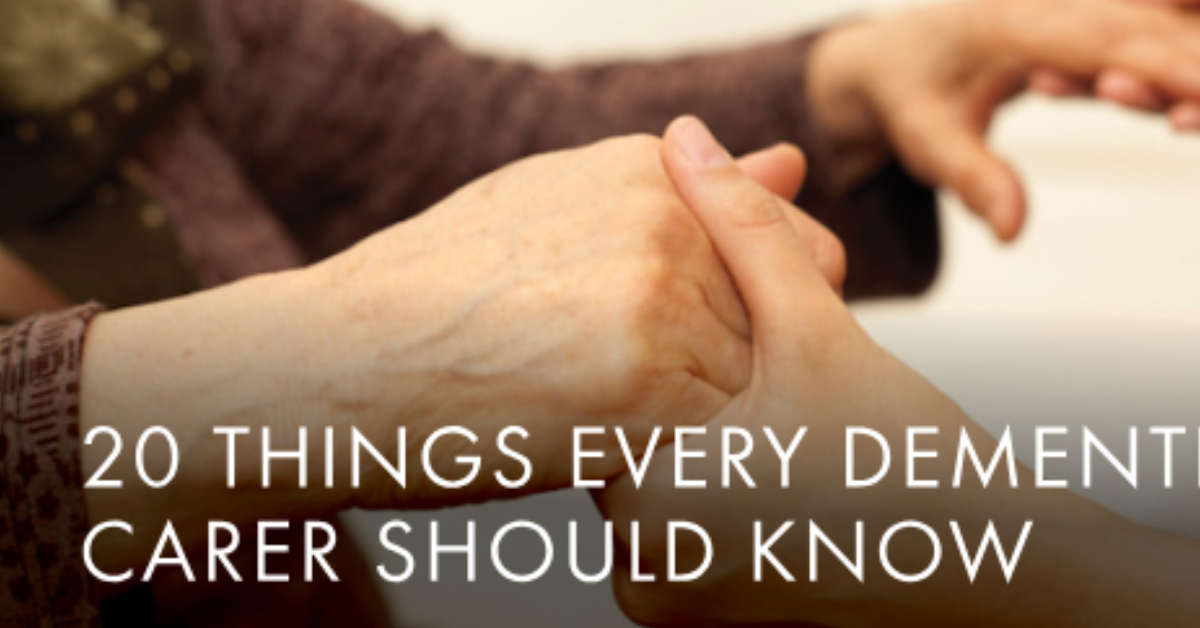
)
)
)
)
)
)
)
)